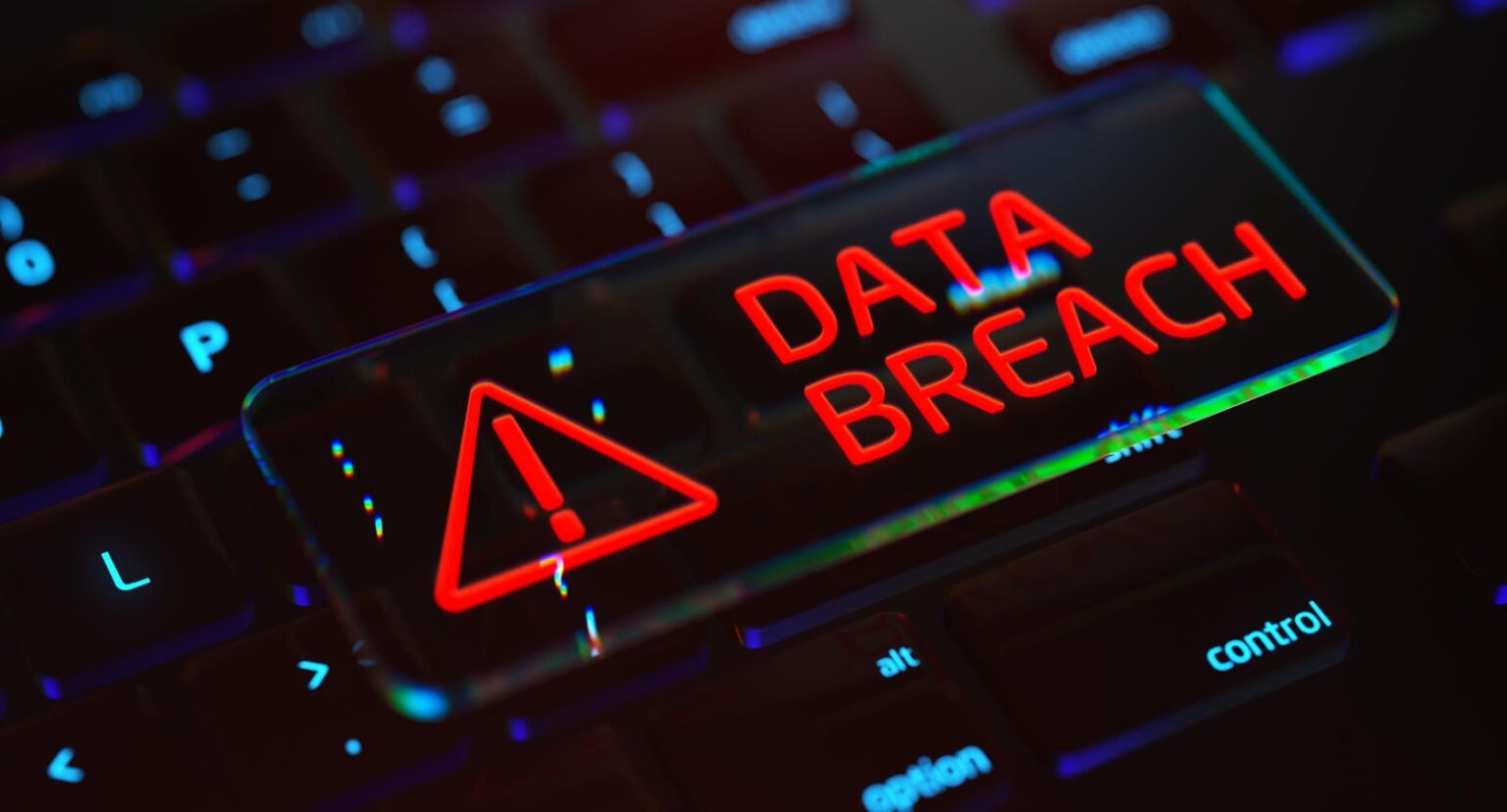In December 2024, Ascension, a major healthcare organization operating numerous hospitals and senior care facilities across the country, revealed that it had experienced a significant data breach affecting approximately 5.6 million patients and employees. The breach traced back to May 2024 when a ransomware gang executed a social engineering tactic, luring an Ascension employee to inadvertently download malware. This breach underscores the vulnerability of healthcare companies, which are attractive targets for cybercriminals due to the wealth of personal and medical data they handle, often inadequately protected.
The breach involved the compromise of various types of sensitive information. The exact nature of the compromised data varies by individual, but it could include medical records, credit card numbers, bank account details, insurance information, and government IDs, such as Social Security numbers. Although Ascension emphasized that no data was taken from their Electronic Health Records (EHR) system, the stolen personal information still poses significant risks to victims, making them susceptible to identity theft and potential medical identity fraud. Such circumstances can lead to catastrophic outcomes, such as incorrect medical treatments arising from fraudulent entries in a victim’s medical records.
Ascension began notifying affected individuals by mail in late December 2024, with plans to continue doing so into early 2025. In an effort to mitigate the consequences of the breach, the healthcare provider is offering two years of identity theft protection services to victims. This program includes monitoring the Dark Web to track any potential misuse of the compromised information, which is crucial given that such stolen data can be easily trafficked among malicious actors. The healthcare sector is particularly targeted by hackers due to the high value of the data, with personal health information often fetching significant sums on illicit markets.
Patients whose information may have been compromised are advised to take several precautionary steps. One of the foremost recommendations is to freeze their credit, a measure that can help prevent identity thieves from opening accounts or borrowing in the victim’s name. Credit freezes are straightforward and free, allowing individuals to safeguard themselves against identity theft proactively. Additionally, they should routinely monitor their credit reports, which can now be accessed weekly for free from the major credit reporting agencies. This vigilance is key in identifying early signs of identity theft or fraud.
In terms of specific threats posed by this data breach, medical identity theft represents a particularly dangerous scenario. Identity thieves can misuse a victim’s medical insurance to receive healthcare services, corrupting medical records along the way. The ramifications of this type of fraud can extend beyond financial loss to endanger the victim’s health; for instance, incorrect medical histories or allergies could lead to improper treatments and emergency situations. Unfortunately, victims of medical identity theft often encounter difficulties in rectifying their records due to the complexity of regulations like HIPAA, which governs the handling of medical information.
Lastly, those affected should remain vigilant against additional scams that often follow data breaches. Cybercriminals may exploit the situation by contacting victims under the guise of offering assistance, a tactic aimed at extracting further personal information. Heavy skepticism about unsolicited communications, especially those requesting confidential details, is crucial. Victims should avoid clicking on links in messages from unknown sources and confirm the legitimacy of any requests through official channels before disclosing personal information. By understanding the risks and recommended actions, individuals impacted by the Ascension data breach can better protect themselves from the potential repercussions of identity theft and cybercrime.

